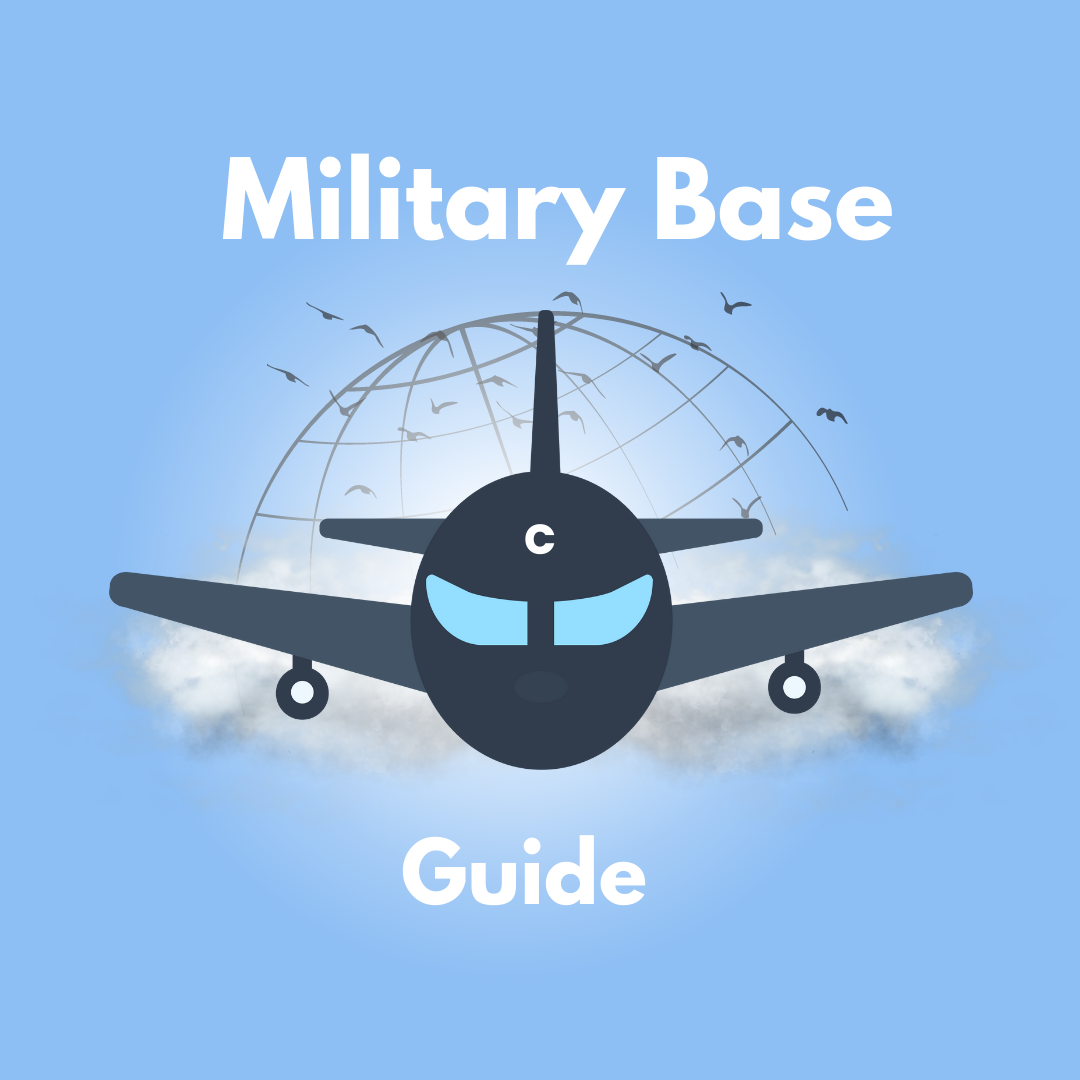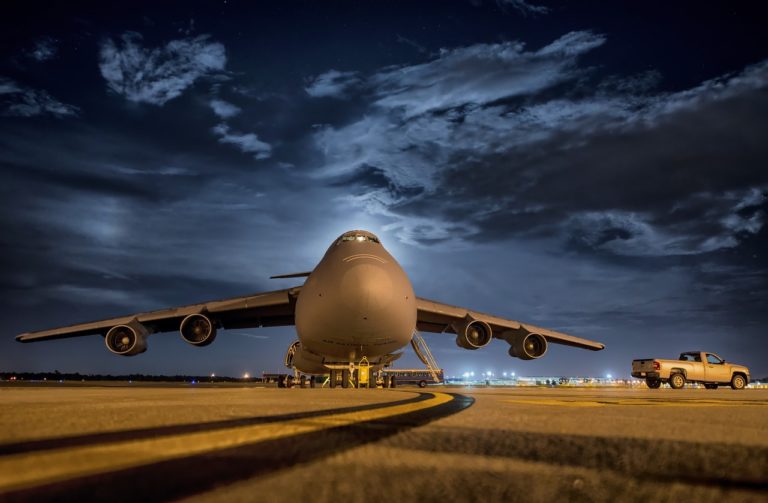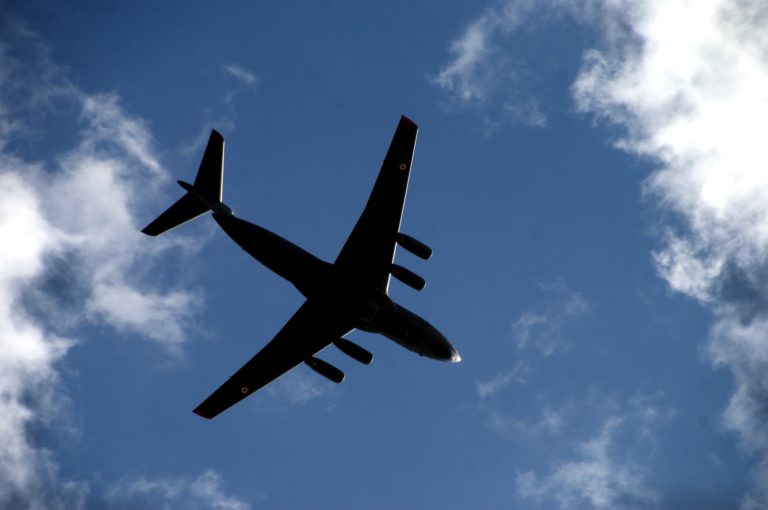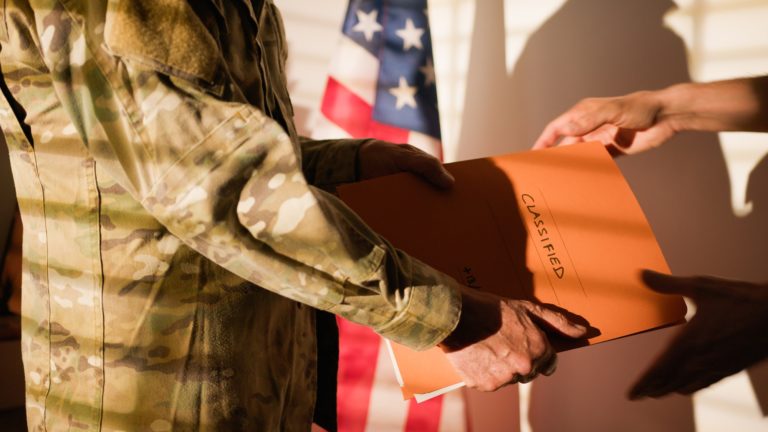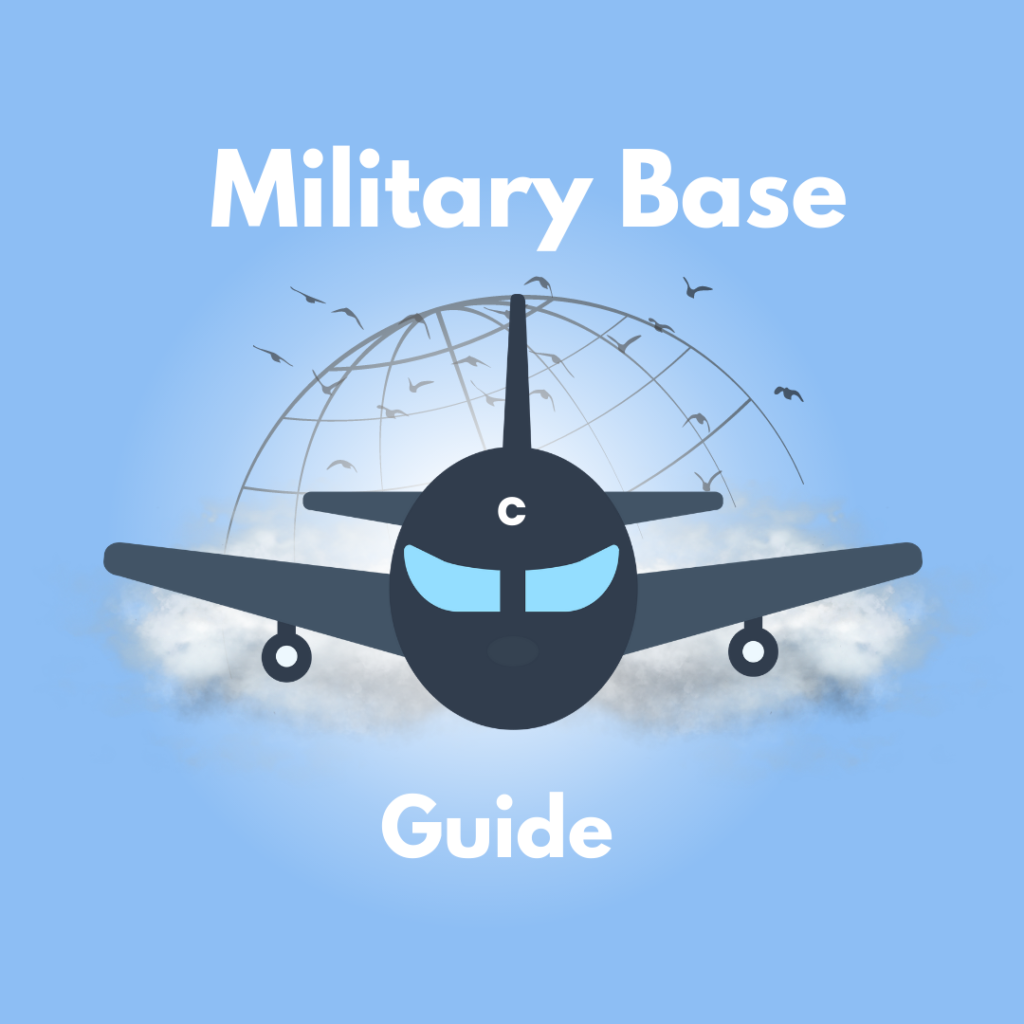The COVID-19 pandemic has disrupted various aspects of society, including the military sector. From training exercises to deployment readiness, the impact of the virus on military operations cannot be ignored. In this article, we will examine the effects of COVID-19 on military readiness and operations.
One major consequence of the pandemic has been the halting or postponement of military exercises and training programs. These exercises play a crucial role in maintaining the readiness of armed forces worldwide. They allow troops to practice and refine their skills, enhancing their ability to respond to threats and counter any potential challenges. However, with social distancing measures and travel restrictions in place, conducting large-scale exercises has become challenging.
Moreover, the pandemic has caused a strain on the availability of military personnel. Efforts to contain the spread of the virus, like quarantine measures and testing, have reduced the number of service members available for duty. This shortage of personnel has forced many military units to adapt and prioritize their missions and operations. Critical roles are being filled, but some non-essential tasks have been postponed or canceled to ensure the efficient deployment of forces.
The virus has also affected the supply chains that sustain military operations. Restrictions on international trade and disruptions in transportation have made it difficult to acquire essential equipment and supplies. This has forced the military to explore alternative sources or even limit certain operations until the supply chain can be restored.
COVID-19 has also highlighted the importance of maintaining a healthy and resilient force. The virus spreads rapidly, and crowded military bases or ships can serve as breeding grounds for outbreaks. To mitigate this risk, military units have implemented strict health protocols such as increased testing, enhanced sanitation measures, and social distancing. While these precautions are necessary, they also introduce operational challenges and may affect the morale and mental well-being of service members.
Furthermore, the pandemic has highlighted the significance of international military cooperation and coordination. Soldiers often participate in multinational operations or joint exercises to strengthen partnerships and alliances. However, with travel restrictions and lockdown measures, these opportunities for collaboration have been significantly reduced. The limitation on face-to-face interactions and training events may impact the ability to work seamlessly with allied nations when addressing common security threats.
Although the impact of COVID-19 on military readiness and operations is profound, it is important to note that armed forces have demonstrated adaptability and resilience during these challenging times. Many military organizations have embraced new technologies and virtual platforms to continue training and maintain relationships with allied nations. Remote learning and telework options have also been incorporated to ensure the professional development of service members.
In conclusion, the COVID-19 pandemic has posed significant challenges to military readiness and operations. Training exercises, availability of personnel, supply chains, and international cooperation have all been affected. However, armed forces have demonstrated their ability to adapt and overcome these obstacles. By adopting innovative strategies and technologies, the military can continue to fulfill its mission and ensure the security of nations, even in the face of a global health crisis.
